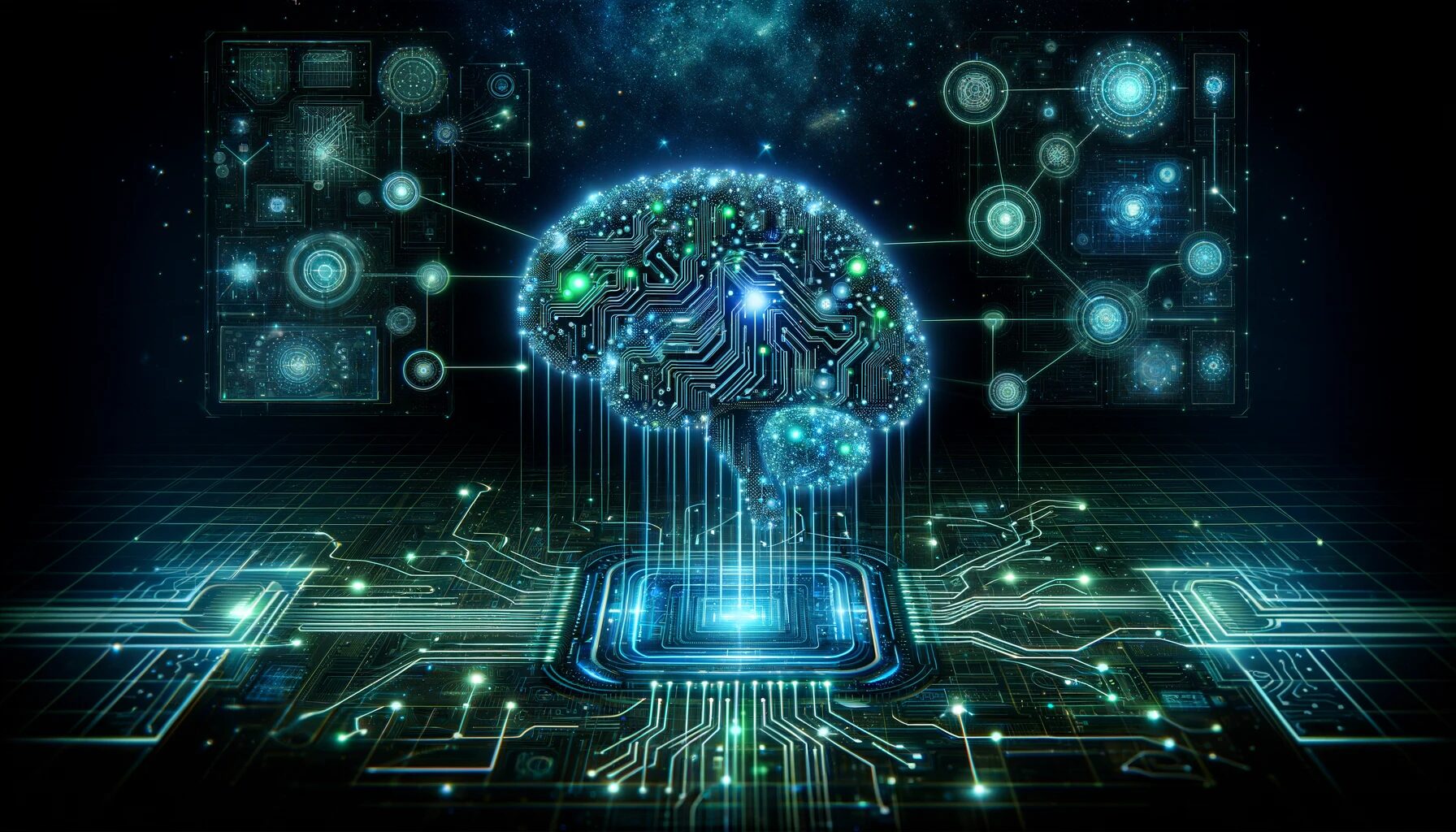Artificial General Intelligence (AGI) represents a frontier in the evolution of AI systems that aren’t just specialized in narrow tasks but are equipped to perform any cognitive function that a human being can. Unlike the AI that powers your smartphone or car navigation system, AGI can think, understand, and act across a wide range of activities, much like a human.
How AGI Differs From Ordinary AI
Today’s AI systems, often referred to as narrow or weak AI, are designed to handle specific tasks — whether it’s recommending movies or navigating streets. In contrast, AGI encompasses a breadth of intellectual capabilities, capable of performing any task a human can do, with similar efficiency and understanding. The journey towards realizing AGI involves enhancing AI’s sensory perceptions, creativity, and decision-making to human-like levels. This includes the development of systems that can interpret complex visual inputs, understand and generate human language, and learn from interactions with the environment in real-time without prior specific training.
Current Progress and Examples
While true AGi isn’t a reality yet, many current technologies hint at its eventual realization. Innovations like self-driving cars and advanced robotics demonstrate aspects of AGI by integrating multiple sensory inputs and making autonomous decisions. Similarly, generative AI models, which can produce text, images, or music that feel authentic, showcase an ability to mimic certain aspects of human creativity and understanding.
Ethical and Societal Implications
As we edge closer to developing AGi, it’s crucial to consider the ethical dimensions and societal impacts. The advent of AGi could lead to significant benefits, such as solving complex global challenges, enhancing efficiency in various sectors, and even performing tasks that are dangerous for humans. However, it also raises concerns about job displacement, privacy, security, and the potential for misuse. Ensuring that AGi development aligns with ethical standards and contributes positively to society is a critical challenge that researchers and policymakers continue to address

